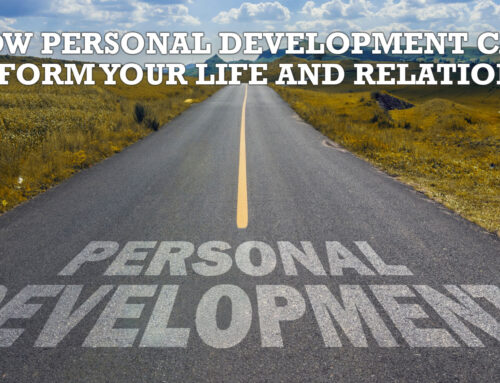Marriage doesn’t exist in isolation; it’s influenced by various external stressors, such as challenges at work, school, or daily life. These outside pressures can subtly seep into your relationship, affecting how you interact with your spouse. You might feel conflicted between trying to shield your partner from these issues and inadvertently burdening them with your struggles. Recognizing and addressing how stress affects your marriage is crucial for maintaining a healthy, satisfying relationship.
Here are five ways outside stress can impact your marriage and some strategies to help manage these effects:
1. Emotional Impact
Stress from outside sources can leave you feeling overwhelmed and powerless. Whether it’s a difficult boss, a demanding workload, or personal frustrations, these feelings can lead to mood swings or irritability. You might find yourself lashing out at your spouse or withdrawing emotionally. Understanding and addressing these emotional shifts is key. Couples counseling can help you identify the root causes of these emotions and develop personalized strategies to manage stress and maintain a healthy emotional connection.
**Biblical Encouragement:** 1 Peter 5:7 offers comfort: “Cast all your anxiety on him because he cares for you.” Turning to faith for support and seeking professional help can provide relief from the emotional strain of stress.
2. Physical Impact
Stress triggers a “fight or flight” response in our bodies, releasing hormones like adrenaline that can elevate heart rate and blood pressure. Prolonged stress can lead to physical issues such as headaches, hypertension, and weakened immunity. These health problems can reduce the quality and quantity of time you spend with your spouse, and severe conditions might even strain your finances or your emotional well-being. Managing stress effectively can help mitigate these physical effects and improve your overall health and relationship.
**Biblical Encouragement:** Psalm 46:1 says, “God is our refuge and strength, an ever-present help in trouble.” Relying on faith and seeking help can provide strength and support through stressful times.
3. Sexual Impact
Stress and emotional withdrawal can lead to a diminished interest in physical intimacy. The combination of emotional strain, physical health issues, and overall fatigue can reduce sexual desire and affect how you express affection. Addressing stress and its impact on your relationship can help restore intimacy and strengthen your connection.
**Biblical Encouragement:** Song of Solomon 4:9 highlights the importance of intimacy: “You have stolen my heart, my sister, my bride; you have stolen my heart with one glance of your eyes.” Focusing on nurturing your bond can rekindle intimacy and affection.
4. Cognitive Impact
Stress can also impair cognitive functions. The heightened alertness and anxiety from stress hormones can lead to difficulty focusing, making conversations challenging, and increasing procrastination. This cognitive strain can affect decision-making and overall judgment. Working on stress management can improve mental clarity and help maintain effective communication with your spouse.
**Biblical Encouragement:** Proverbs 2:6 says, “For the Lord gives wisdom; from his mouth come knowledge and understanding.” Seeking wisdom through faith and counseling can aid in improving cognitive functioning and decision-making.
5. Behavioral Impact
Stress can lead to negative behavioral changes, such as turning to substances or engaging in harmful activities like extramarital affairs as a coping mechanism. These behaviors can further damage your relationship and create a cycle of shame and guilt. Effective stress management and couples therapy can help address these behaviors and prevent them from escalating.
**Biblical Encouragement:** Galatians 6:1 advises, “Brothers and sisters, if someone is caught in a sin, you who live by the Spirit should restore that person gently.” Addressing behavioral issues with compassion and support can help in healing and moving forward.
Conclusion
Understanding how stress affects your marriage is essential for maintaining a fulfilling relationship. By recognizing the emotional, physical, sexual, cognitive, and behavioral impacts of stress, you and your spouse can work together to manage these challenges effectively. Marriage counseling can provide valuable tools and support for navigating stress and enhancing your relationship. Remember, seeking help and finding ways to cope with stress can lead to a stronger, more satisfying marriage. Over 98% of couples who have undergone therapy report receiving valuable help, highlighting the positive impact professional support can have. Your marriage is worth the effort—take the steps needed to ensure it thrives despite external pressures.





